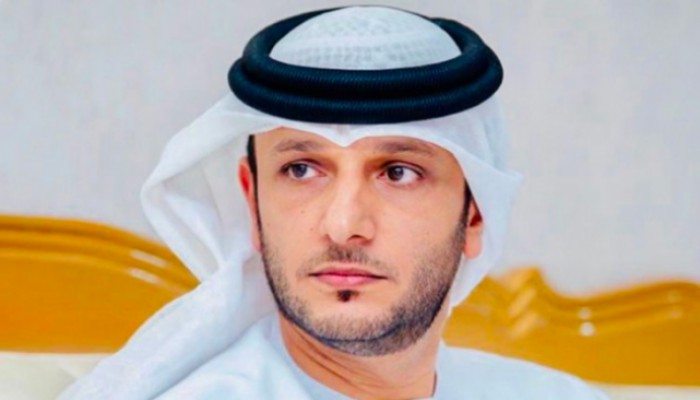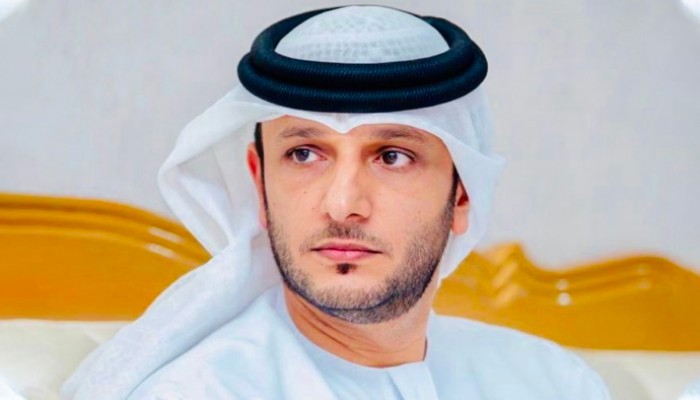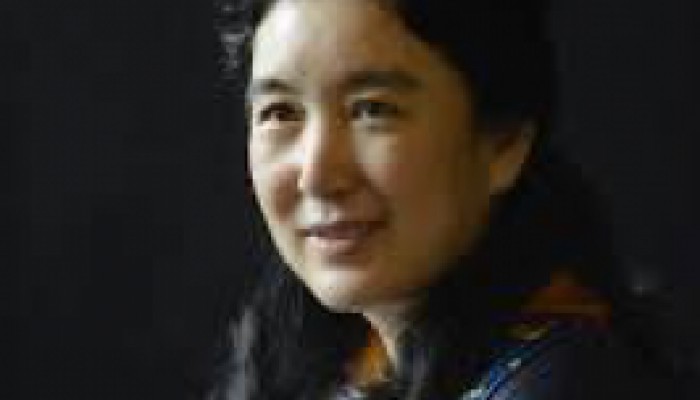
European Islam: Is it possible?
- 2019-Aug-02
What is usually referred to as European Islam is an idea that Muslims in the West would gradually develop a new interpretation of Islam more compatible with modernity in terms of major issues such as gender problems and other individual rights.
Even many in the Muslim societies in the Middle East assert that, given the many acute problems of Muslim societies, only a European Islam can be a cure for the global Muslim community. Much of the intra-Islamic dialogue since the late 19th century has been a debate on European Islam.
But is it realistic to expect to witness the birth of a European interpretation of Islam any time in the future?
As of today, the idea of a European Islam is not likely given that Muslims on the continent primarily strategise keeping and transmitting the religious interpretation they had brought from their countries of origin.
The idea of a European Islam is beyond cultural adaptation, it is to develop a new interpretation of Islam with regard to law and theology in line with European culture and intellectual trajectory. Practically, this means Muslims radically changing their traditional understanding of Islam.
Historically, there have been many interpretations of Islam. For example, the non-Arabs of central Asia developed an alternative Hanafi-Maturidi tradition that is substantially different from the Ash’ari interpretation that reflects Arab culture. European Islam is expected to be such a differentiation, a novel idea of Islam fine-tuned to European culture.
But Muslims in Europe are more interested in transmitting and protecting their own interpretation of Islam. This generates two interrelated complications. Firstly, the interpretation of Islam they brought from various Middle Eastern countries has no chance of success in Europe. Secondly and worse, it is this religious interpretation that plays a key role, indeed along with many others, in the formation of Muslim ghettos. The standard interpretation of Islam among European Muslims, which usually has its origin in a typical Middle Eastern country such as Turkey or Morocco, has a limited capacity to foster daily life level interaction with other Europeans.
It is a religious interpretation that has its roots in the late 20th century, which prioritises ritual rather than values. Thus it asks Muslims to be alarmed about each symbolic element such as headscarves, what to eat and what to listen to. As a result, such a ritualistic interpretation becomes a boundary; it does not help Muslims easily to mix with non-Muslims. Instead, ritualistic Islam defines religiosity in terms of living according to ritual. Thus, a practicing Muslim has a poor chance socialising with Europeans in daily life, since modern European life is based on individual freedom.
As a result, interaction between Muslims and non-Muslim communities in Europe mostly take place through various ceremonial events such as conferences or other programmes. Such ceremonial social interactions are proof of poor daily relations between Muslims and non-Muslims.
A key issue is the role of organised Islamic movements in Europe, which have their roots in different Muslim countries. Many Muslims in Europe have different types of connections to such Islamic movements, but none of these groups has an idea of developing a European Islam.
Part of this problem is the intellectual poverty of key Islamic figures who inspire European Muslims, but have a weak connection with European intellectual debates. Their prime interest is rather to consolidate their followers in line with group identity and interests.
The issue of women is an important matter of the debate. Frankly speaking, even the approach of moderate Islamic groups towards women is on the fringe of most European standards. Practically, many Muslims in Europe today live by the patriarchal standards of their religious interpretations. Those who dream of any sort of European Islam should develop a new theory of Islam that would help Muslim women in Europe.
Finally, there is the problem of the messianic mentality among pious Muslims in Europe. Reflecting the missionary aspect of Islam, religious Muslims in the continent have the idea of preaching Islam to Europeans. There is nothing problematic here, but Muslims ignore the fact that Europeans societies are among the most developed and so the idea of teaching Europeans Islam usually sounds more like religious hubris.
An Islamic modesty, which prioritises learning from Europeans, is the missing element. A European Islam is only possible based on an exchange of ideas between Muslims and Europeans whereas most religious Muslims seem to be in a delusional state of mind in which their interpretation of religion has the capacity to help solve all the problems of Europe.
Quoted from ahvalnews.com
Gökhan Bacık
Political science teacher at Palacky University, and a Research interests include modern Middle East, Islam and politics, and Turkish politics.






